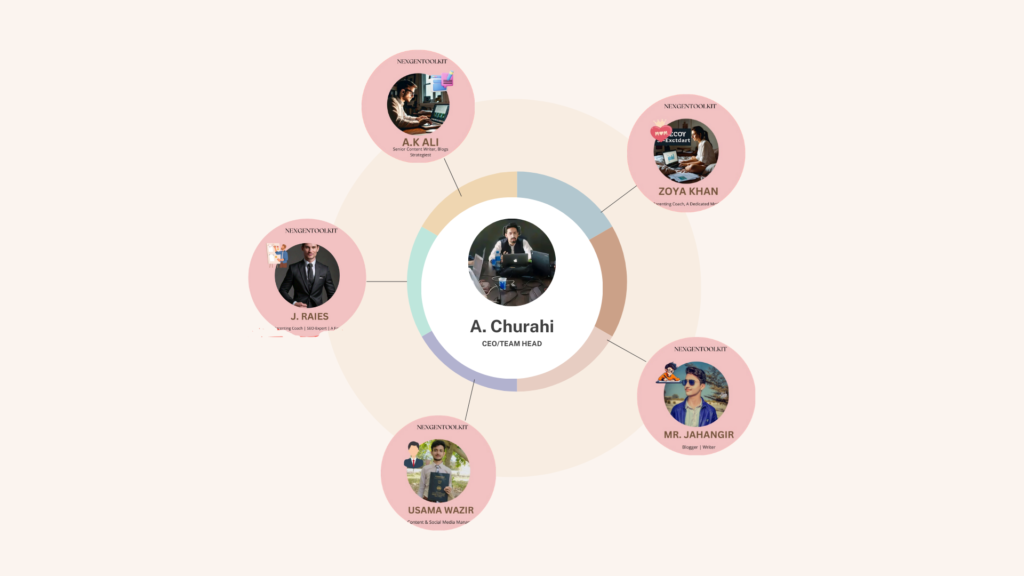The general theme of adoption, in both theory and practice, is quite esoteric and profoundly rooted in the cultures and societies globally from the early ages. It disappoints socially isolated basically as it symbolizes love, care, and the ability to nurture and be a family to those who are legally related by birth but by choice and by heart. Various bible verses about Adoption, The History of Adoption
Among all the possible ways of expressing love, adoption in the sphere of Christianity has a special perspective connected with references to religious tenets and concepts. In turn, this article is devoted to a list of Bible verses about adoption along with a description of the history and development of adoption.
You Can Also Read This Scriptures For Parents

Biblical Perspectives on Adoption
- Interestingly, the idea of adoption bears a strong relation to Christianity and goes around many verses in the holy books. These verses offer not simply a Theology but a clear picture and a splash of Grace as related to adoption into God’s family.
1. Romans 8:15-17
- “You have not received the spirit of bondage to be in fear again, but you have received the spirit of adoption as sons, by which we cry, ‘Abba, Father. ’ The same Spirit bears witness with our spirit that we are children of God, and if children, then heirs, heirs of God and joint heirs with Christ, provided we suffer with him so that we may also be glorified with him.
- In this passage, the apostle Paul covers the theme of adoption pointing out that the believers have been adopted as sons and daughters of God. Christians are not only the servants or even the slaves but they are the adopted sons/daughters of God with all the rights of the heir to the throne joined to Christ.
2. Ephesians 1:5-6
- ”In love, he predestined us for adoption to himself as sons through Jesus Christ, according to the purpose of his will, to the praise of his glorious grace that he lavished on us in Beloved.
- Thus Ephesians highlights adoption as a purposeful action of God that reveals that the believers are chosen and specifically invited to be a part of Christ’s family.

3. Galatians 4:4-7
- “But when the appointed time had come, God sent out his Son, born of a woman, born under the law, so that he might redeem those under the
- law; that he might establish sons of God, and we too, gaining adoption went forth son’s, and if son, heir through God. ”
- This passage largely focuses on the concept of redemption through the blood of Jesus Christ with the result that people are cleansed and become part of God’s family. This points to the liberty and the bequest that are in being children of God, which are by grace through faith in Christ.
Historical Evolution of Adoption
- However, going by its historical perspective, adoption is known to have an agreeably diverse past regardless of the culture or period regarding the theology of adoption. The historical context of adoption that can be observed in such historical societies as Romans or Greeks also suggested that adoption mostly stemmed from the purpose of predicting a proper heir and succession in terms of an inheritance. This was most of the time accompanied by formal legal means and it was a common method of continuing family lines or getting an heir when biological children could not be produced.
- Adoption in medieval Europe was not strictly defined as it is in the present day, and in many cases was not even actual adoption but more of fostering and or guardianship. The concern was more on child care and child rearing under the context of close-knit families or tribes.
- Today adoption is a legal process and a social institution that intended to give the children permanent homes started in the 19th century. These changes were a result of the social reform movements and the acknowledgment of the children’s rights hence the adoption laws and agencies where children who do not have parental care are protected.
Contemporary Perspectives and Challenges
- Thus, adoption as the practice stays progressive in the current society as it reshapes itself with time, new age norms, laws, and views towards family. On one hand, adoption can be regarded as a positive tool that can offer stability and love to children who often lack those in their biological families, on the other hand, adoption associates certain problems connected with bureaucratic procedures, special outlooks within the society and the emotional experience of prospective parents and children.
- Also, the processes of adoption are different among the countries and are affected by the cultural, religious, and legal aspects that define the formation of the family. The challenges of transracial and transcultural adoption, adoption of children of older ages or special needs children, and ethical perspectives of different forms of international adoption portray some of the adversities that might be faced by adoptive families.

Conclusion :
Thus, the metaphors of adoption in the Bible are not only examples of adopting people into God’s family but also allow us to understand and embrace the general aspect of adoption and its meaning as a tangible way of providing love, stability, and belonging to a family. As has been seen beginning with the ancient civilizations, up to the present day society, adoption has been one of the more poignant ways of demonstrating the value of care and shortcomings of the extent to which people will go to proclaim the idea of family.
When Christians learn these biblical verses and historical backgrounds, they are God’s children urged to reflect God’s love and care that He has shown to all in the adoption of His children. Thus, they play an essential role in an ageless and global exercise of kindness, thereby underlining an innate truth: all people are cherished children of God – that is, the Father of our Lord Jesus Christ.
Thus, the idea of adoption, illustrated in both the religious texts of Christianity and the historical narrative of this world, remains a shining example of how love can change people for the better and bring hope to those who are searching for a place in a large family or in God’s family.
You Can Also Read This Boy Mexican Names










